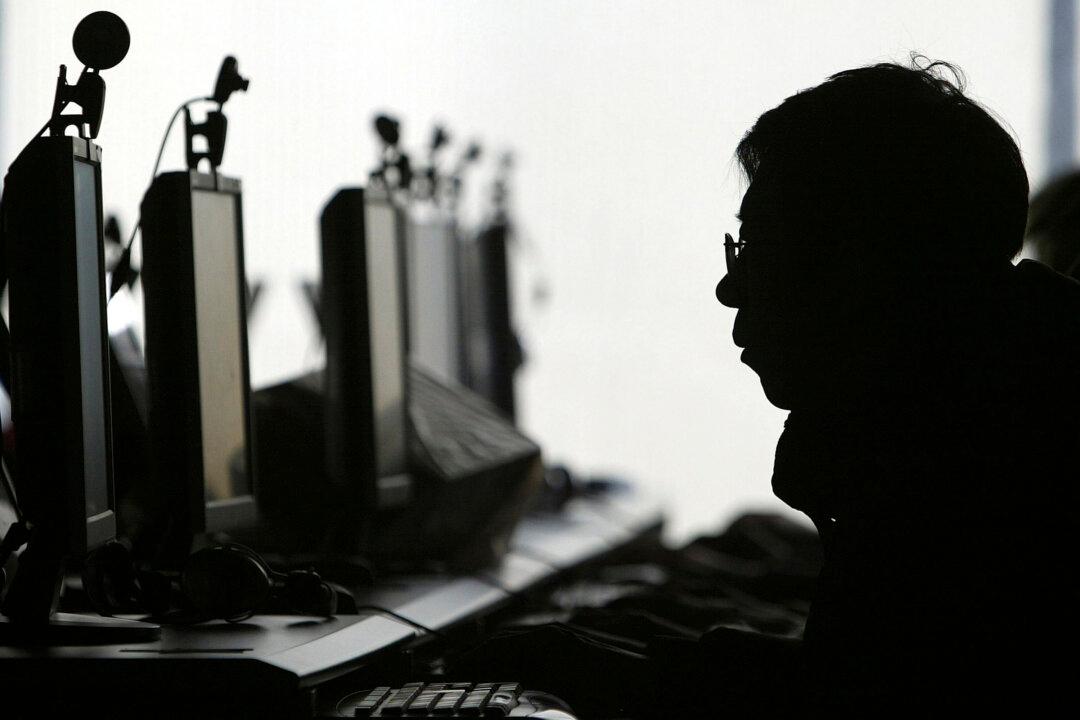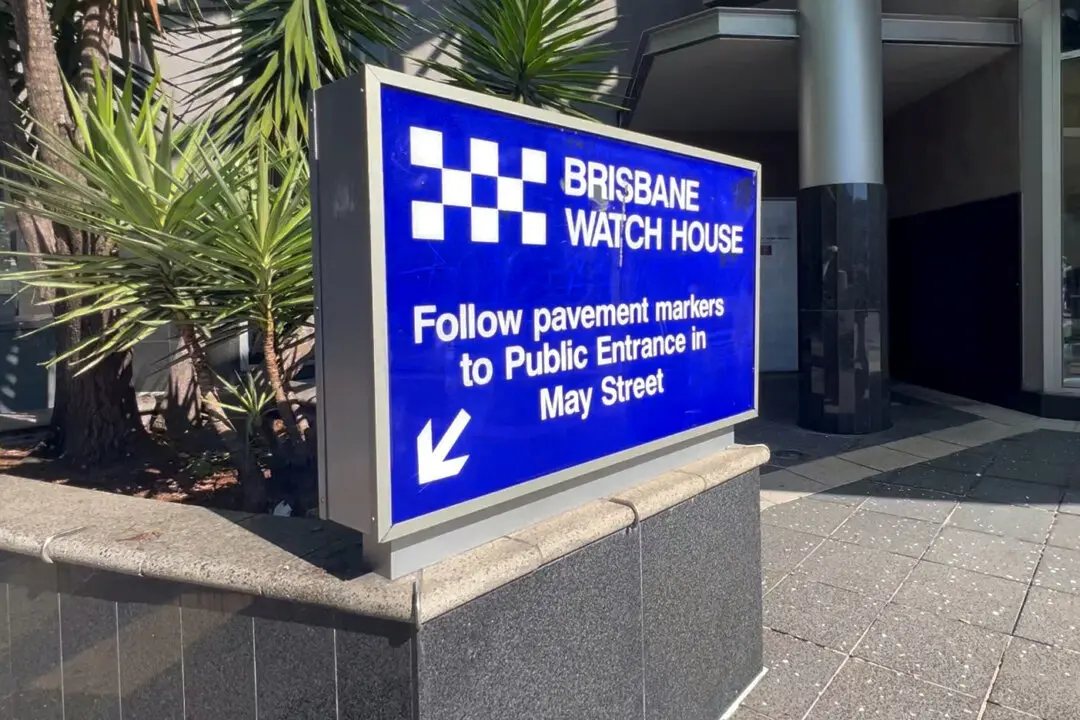
A computer user is silhouetted with a row of computer monitors at an Internet cafe in Shenyang, Liaoning on Jan. 28, 2008. AP Photo
People who make and share sexually explicit deepfake content now face imprisonment, after new laws passed Australia’s federal parliament.
The Criminal Code Amendment (Deepfake Sexual Material) Bill 2024 was introduced in June and accepted on Aug. 21.





